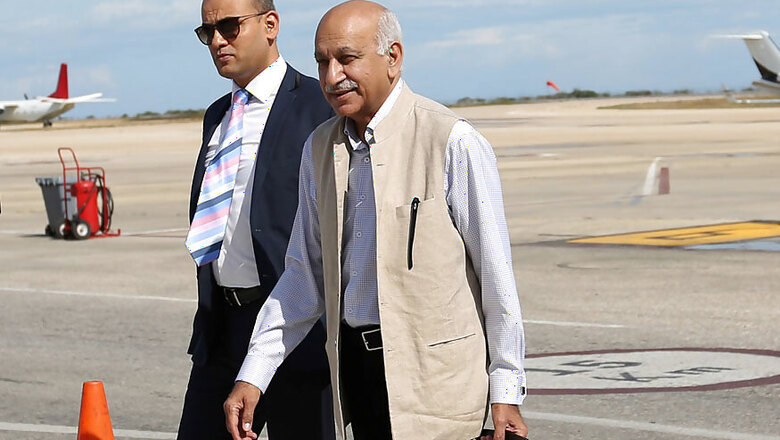
views
London: India on Friday expressed dismay at the UN's continued struggle to find a definition for terrorism, saying how can it can fight an undefined enemy.
Singling out terrorism as a major obstacle, Minister of State for External Affairs M J Akbar told the Commonwealth Ministerial Action Group (CMAG) meeting here that India will not allow the forces of violence in its neighbourhood to succeed.
"India has become the pivotal power of the 21st century because this century will be controlled by which shape Asia takes. If the forces that inspire violence begin to expand, the implications are very grave. We won't allow it, because of our security prowess, our belief system, our philosophy. The world must recognise, participate and join India in this battle," he said.
The minister also expressed dismay at the UN' continued struggle to find a definition for terrorism since 1996.
"How do we fight an enemy we can't define," he questioned, calling on multi-lateral frameworks like the UN to recognise the need to reflect the realities of the 21st century.
"No international institution can remain mired in the past. We believe that there has to be, in all international fora, a re-examination and finding a purpose for the 21st century," he said, making a reference to India's aspirations for a permanent seat in the UN Security Council.
The minister highlighted India's hope that the organisation will work towards increasing the things it has in common.
"The Commonwealth should not just be an exercise in meetings between governments. It must become more people-centric," Akbar said.
The author and Rajya Sabha MP, who is in the UK for the CMAG summit, also held talks with UK ministers Priti Patel and Alok Sharma and addressed an audience of MPs and peers at the House of Commons complex on 'India in the changing world' at an event hosted by Indian-origin Labour MP and chair of the All Party Parliamentary Group on India Virendra Sharma earlier in the week.
"India is on a mission that is a search for prosperity. But prosperity and its first cousin development are not enough to describe what Indians want. India wants a prosperity that is shared, it wants it within and internationally," Akbar said.
Making a reference to Prime Minister Narendra Modi's first speech in Parliament, he articulated the government's vision as "poverty elimination" over poverty alleviation.
The senior BJP leader highlighted how Modi's "radical thinking" had led to reforms across different sectors, which were transforming the lives of ordinary people.
"Miracles are happening...the mobile phone is becoming the greatest instrument, not only of literacy but economic transaction. The digital revolution is bringing about a radical change in the lives of the poor," he said.











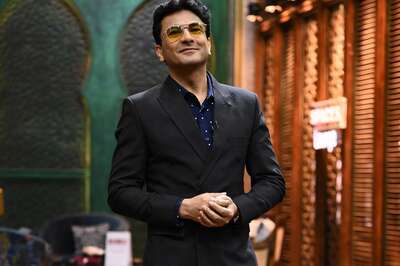

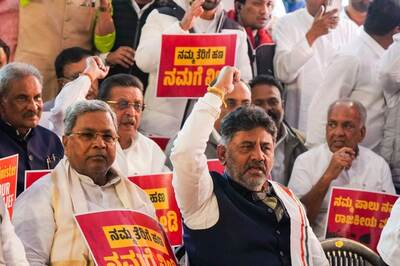
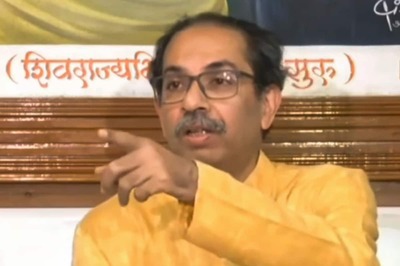

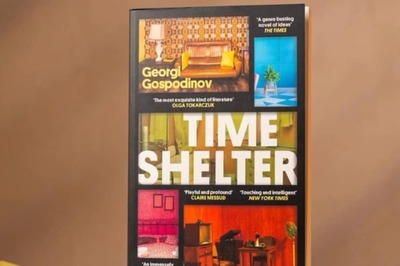

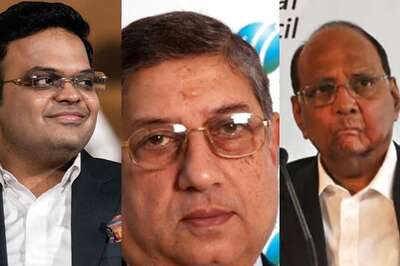

Comments
0 comment